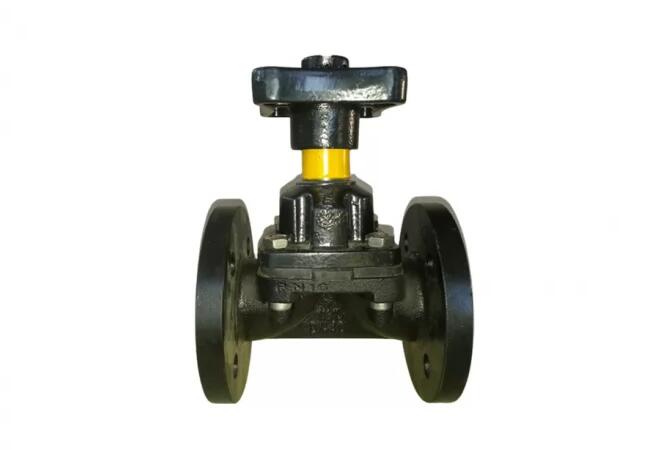Jun. 03, 2023
Mechanical Parts & Fabrication Services
In industries where precise control of fluid flow is essential, the choice of valves plays a crucial role. One type of valve that stands out for its reliability and efficiency is the weir type diaphragm valve. Designed to handle a wide range of applications, from corrosive chemicals to abrasive slurries, the weir type diaphragm valve offers exceptional control and durability. In this article, we will delve into the features and advantages of this remarkable valve.
At the core of the weir type diaphragm valve is a flexible diaphragm that acts as the main sealing element. This diaphragm is usually made of rubber or other elastomeric materials, which provide excellent resistance to chemicals and ensure a tight seal. The diaphragm is connected to a valve body, creating a chamber that controls the flow of the fluid. By applying pressure to one side of the diaphragm, the valve can open or close, regulating the flow through the valve.
One of the distinguishing features of the weir type diaphragm valve is its unique design. The valve body is equipped with a raised ridge, known as the weir, which acts as a flow restriction. When the valve is closed, the diaphragm seals against the weir, preventing any leakage or flow through the valve. This design ensures a positive shutoff, even in high-pressure applications.

The diaphragm of the weir type diaphragm valve offers several advantages. Firstly, it provides excellent resistance to corrosion and abrasion, making it suitable for handling aggressive fluids or abrasive slurries. The flexibility of the diaphragm allows it to adapt to variations in pressure and temperature, ensuring a reliable seal. Additionally, the diaphragm is typically replaceable, making maintenance and repair of the valve more convenient and cost-effective.
The weir type diaphragm valve excels in applications where contamination or cross-contamination must be avoided. The valve design eliminates dead spaces or crevices where fluids can accumulate, reducing the risk of bacterial growth or contamination. This feature makes the valve ideal for use in pharmaceutical, food and beverage, and biotechnology industries, where strict hygiene and sterilization standards are essential.
Another advantage of the weir type diaphragm valve is its versatility. It can handle a wide range of flow rates and pressures, making it suitable for various industrial applications. The valve can be operated manually or automated, allowing for remote control and integration into complex systems. Its ability to handle viscous fluids, solids, and high-temperature applications further expands its range of applications across industries.
Maintenance and repair of the weir type diaphragm valve are relatively straightforward. The replaceable diaphragm can be easily accessed and replaced, reducing downtime and maintenance costs. The valve body is typically designed to be self-draining, minimizing the risk of fluid buildup or blockage. Regular inspections and cleaning can ensure the optimal performance and longevity of the valve.
In conclusion, the weir type diaphragm valve is a reliable and efficient solution for flow control in various industries. Its unique design, featuring a flexible diaphragm and raised weir, ensures a positive shutoff and excellent resistance to corrosion and abrasion. The valve's versatility, hygienic properties, and ease of maintenance make it a preferred choice for applications that demand precise fluid control, minimal contamination risk, and operational reliability. Whether in chemical processing, water treatment, pharmaceuticals, or other industrial sectors, the weir type diaphragm valve proves its worth as a dependable and efficient flow control solution.
Previous: Plug Valves: Versatile Flow Control Solutions
Next: Can Exhaust Gas Economizers Revolutionize Energy Efficiency in Industries?
If you are interested in sending in a Guest Blogger Submission,welcome to write for us!
All Comments ( 0 )